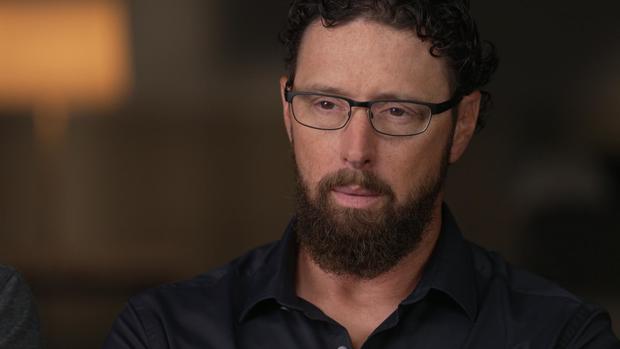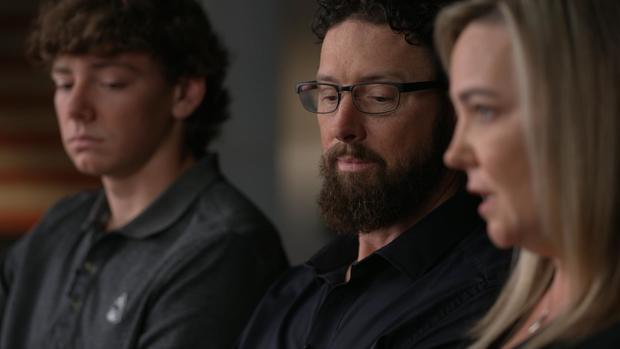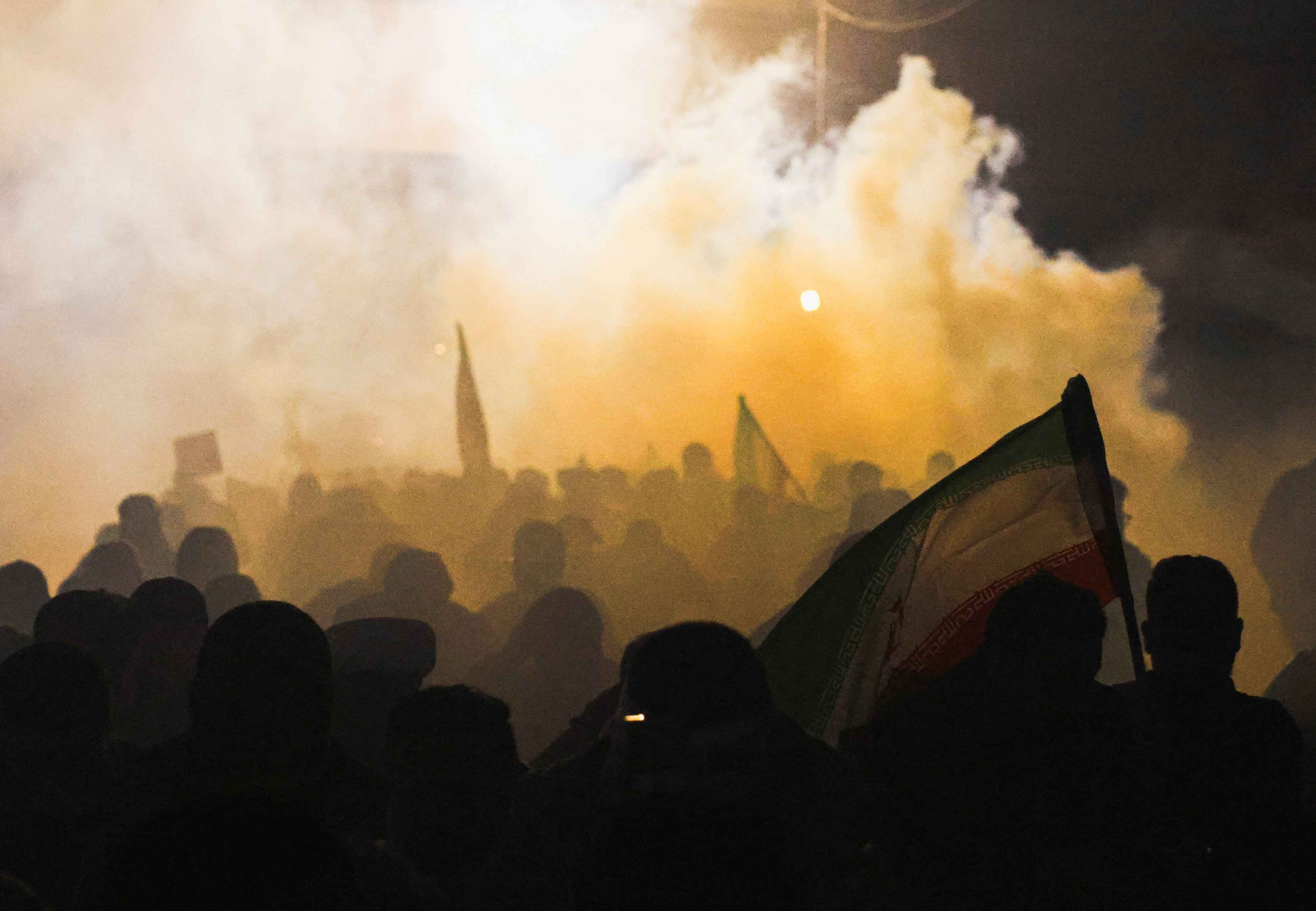Home from war, veterans' trauma still ripples through families
A mother of four fought for her family after her husband, who'd served combat tours in Iraq and Afghanistan, came home with a traumatic brain injury and post-traumatic stress disorder.
Marine veteran Chuck Rotenberry's trauma from war impacted his family. The couple's oldest, Kristopher, tried to help his dad and shield his sisters. As his responsibilities grew, so too, did the stress, and he says he attempted suicide when he was 12. His mother, Liz, found care for her son, getting Kris into intensive therapy, then enrolling him and his sisters in a clinic for military children confronting PTSD.
"It's hard as a military family to own that. When you're built with such pride and strength, and you're seen as resilient, as the word is in our community," the mom said. "But it's OK to not be resilient, and it's OK, it's OK to ask for help."
PTSD and its impact on family members
Two million Americans served in Afghanistan and Iraq in post-9/11 wars. At least 600,000 have been diagnosed with post-traumatic stress disorder. For the most part, the U.S. is doing better at recognizing and treating these wounded warriors, but less is known about the children living with these veterans. Many children have become caregivers, confronting depression and fear in their homes.
Chuck Rotenberry came home from war after helping save the life of a fellow Marine who stepped on an IED that detonated just feet away from Rotenberry. His wife was pregnant with their fourth child when he returned from his seven-month deployment, suffering from both a brain injury from a concussion and PTSD.
"Chuck was struggling to just be in the house," Liz Rotenberry, his wife, said. "Because he was dealing with so many emotions, mentally and physically. He was hiding in, you know, back rooms."
Chuck Rotenberry kept a video diary as he dealt with self-isolation, anxiety, depression and denial.
When he returned from Afghanistan, son Kristopher, just 7 at the time, pitched in to help his dad. Over the years, Kristopher tried to shield his father from triggers, and shield his sisters from emotional trauma, but it began to take a toll on him.
"I just worried about a lot of different things — things that kids, I guess, at that age, should not be worried about," Kristopher said.
Kristopher, now 19, says it evolved into a feeling of helplessness.
"He was becoming almost like my husband," Liz said. "There were times where he wouldn't be able to go to school because he was so stressed internally from everything happening, and I don't think he knew how to process it and understand it."
The worst came when he was 12. At the time, Kristopher said he felt his family would be better off without him, and attempted suicide.
"I remember looking back on those days, and it was just chaos all the time," he said.
Military caregivers get more help
Elizabeth Dole, former senator and transportation secretary, got to know the families of wounded servicemembers and veterans when she spent 10 months at Walter Reed caring for her husband, the late Sen. Bob Dole.
"And I met all of these young spouses, mothers, dads who were caring for their wounded warriors," she said. "I don't think America is aware of what's happening, most Americans have no idea what's happening in these military families. Less than 1% are serving in the military today. Less than 1% are protecting our freedom and our security, and it's so important for us to raise awareness of their challenges and their needs and provide them with the support."
She created the Elizabeth Dole Foundation, which commissioned studies of military caregivers. The studies discovered that more than one million are caring for wounded post-9/11 soldiers. Nearly half said they were "overwhelmed."
In 2018, she watched as then President Donald Trump signed a law that expanded a VA benefits program for caregivers of the severely disabled. The program offers some caregivers a stipend, access to health insurance and counseling.
Elizabeth Dole Foundation CEO Steve Schwab said one of the first things they do is offer emergency financial assistance to those who need it. They also provide additional resources and connect military caregivers with other trusted programs and services to help these families.
The Rotenberry family today
More than just about anything, the families of wounded veterans told 60 Minutes they want the nation to simply see and know their stories. In a sense, they're still fighting America's post-9/11 wars.
Liz Rotenberry now leads an Elizabeth Dole Foundation initiative to train caregivers to be public advocates, while her son Kristopher Rotenberry recovered and has applied to follow his father into the military.
Chuck Rotenberry, who said that he knows he wouldn't be here without his family's support, is recovering and works as a dog trainer for the Secret Service. He told his son he is proud of the person he has grown into today.
"There's plenty of proud dad moments for me," he told his son. "But I'm proud of you every day, all the time. You owe me nothing but to be happy."






